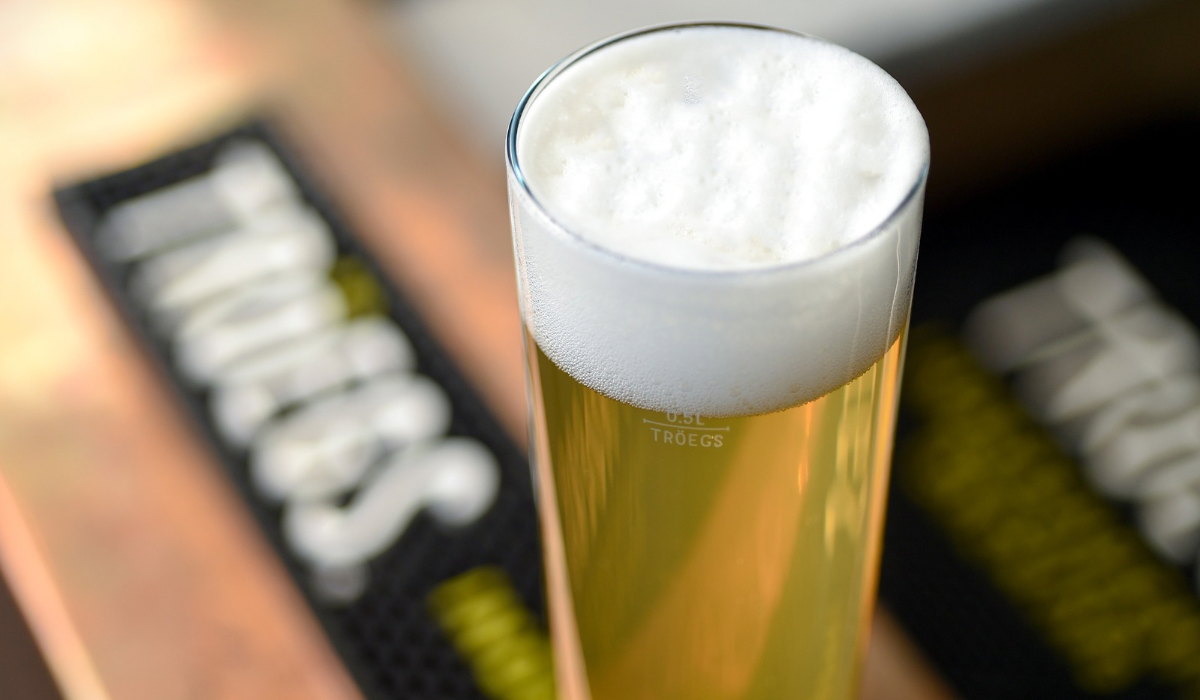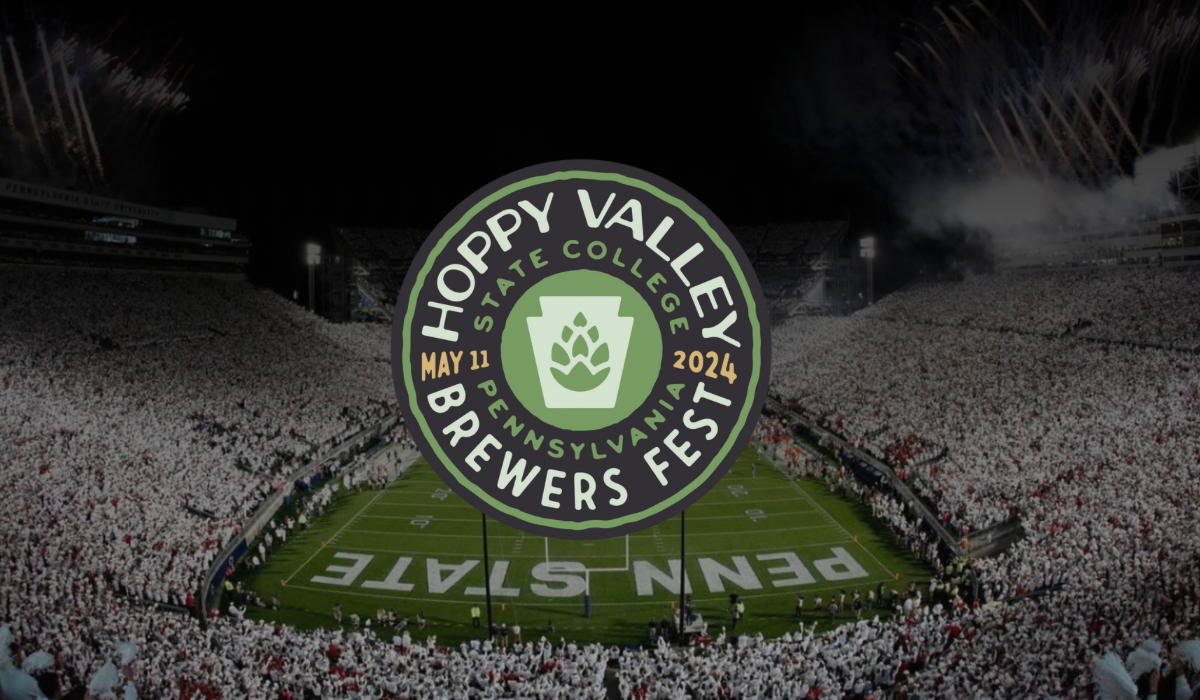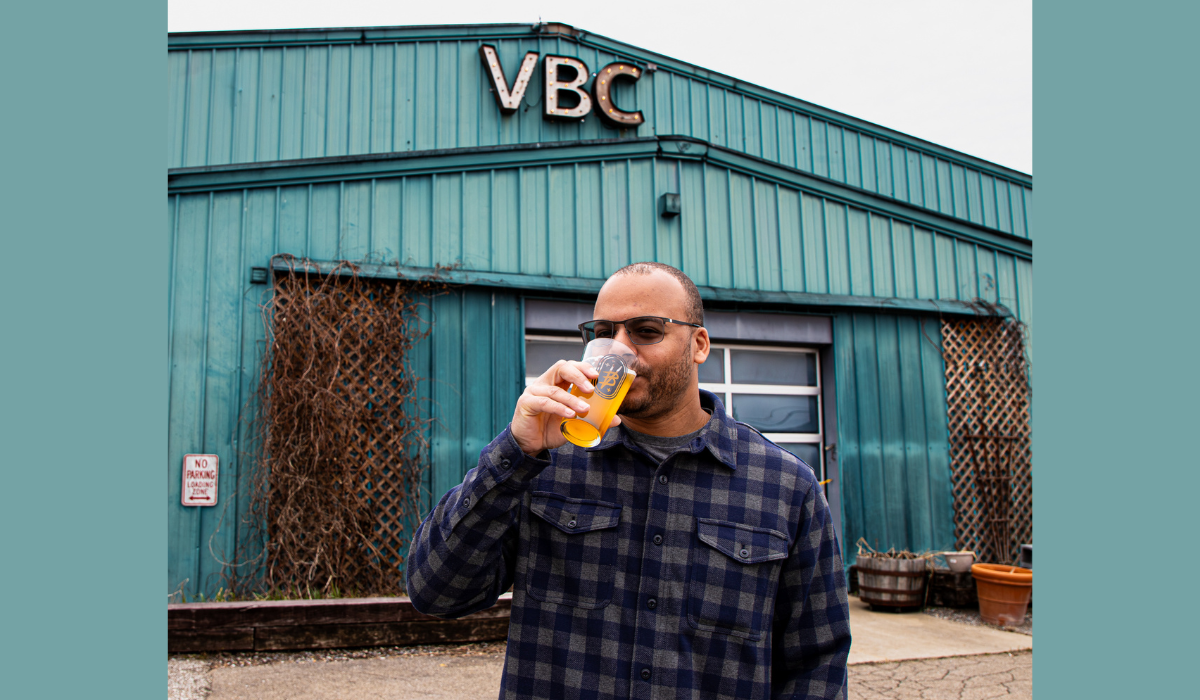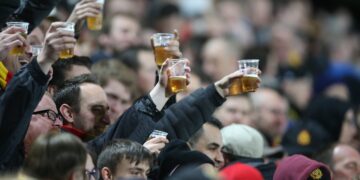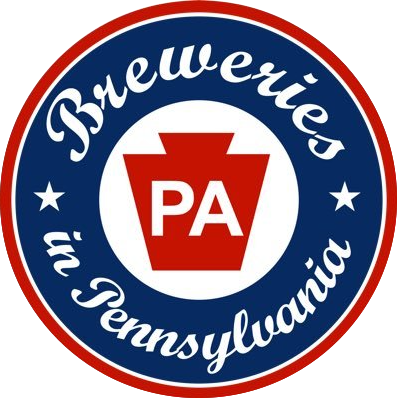The Role of Beer in Gambling Settings
One cannot overlook the social and psychological fabric that intertwines beer consumption with gambling activities. In environments such as casinos, which are adept at crafting a seductive ambiance, the availability of complimentary alcoholic beverages, including beer, is a testament to the strategic lure used to enhance patrons’ gambling experience. The effect of alcohol on inhibitions is well-documented, leading to a more relaxed attitude towards wagering higher stakes or making more spontaneous bets.
Interestingly, the allure of complimentary offerings extends beyond the physical spaces of casinos into the digital realm. Understanding the draw of incentives, online platforms offer promotions like the $200 no deposit bonus 200 free spins, catering to those who enjoy the thrill of gambling from the comfort of their homes. This type of promotion attracts new users and compliments the online gambling experience, where personal beverage choices, such as beer, can be enjoyed without the constraints of a physical venue.
The Psychological Impacts of Alcohol on Gambling Decisions
Alcohol’s influence on cognitive functions is a double-edged sword. On one hand, moderate beer consumption may lower stress levels, allowing gamblers to enjoy their activity with reduced anxiety. This state could lead to better decision-making by alleviating the pressure of the stakes involved. On the other hand, excessive consumption impairs judgment, making it difficult to adhere to strategic gambling or recognize when to stop. The balance between these outcomes largely depends on individual tolerance levels and the context of gambling activities.
The nuanced effects of alcohol on the brain’s decision-making pathways suggest that even small quantities of beer can subtly shift the balance between caution and risk. This shift might not be immediately noticeable but can significantly influence long-term gambling outcomes. It’s also worth noting that alcohol can affect memory, possibly leading to a distorted perception of wins and losses. Furthermore, the social dynamics of drinking and gambling together often amplify the perceived rewards of gambling, while downplaying the risks.
Here are some critical aspects to consider regarding the psychological impacts of alcohol on gambling decisions:
- Risk Perception: Alcohol may reduce the perceived risks associated with gambling, encouraging more aggressive betting.
- Impulse Control: Beer consumption can lower inhibitions, leading to impulsive decisions that one might normally avoid.
- Stress vs. Cognitive Clarity: While some find that alcohol reduces stress, this perceived benefit must be weighed against the potential for reduced cognitive clarity and impaired judgment.
- Social Influence: Drinking socially while gambling can exacerbate the influence of alcohol on gambling decisions, as individuals may be swayed by the behaviors and suggestions of those around them.
Statistical Insights and Behavioral Patterns
According to Statista, the global online gambling market is expected to experience a growth rate of 6.59% from 2024 to 2028, reaching a total market size of €126.60 billion by the end of 2028. Engaging with statistical data reveals telling patterns about the correlation between beer consumption and gambling behaviors. Studies indicate that individuals under the influence of alcohol are more likely to engage in risky gambling behaviors compared to those who abstain. Furthermore, the likelihood of regrettable gambling decisions increases parallel to the amount of alcohol consumed. These statistics underscore the importance of awareness and moderation in the consumption of beer within gambling contexts.
This trend underscores the expanding reach and appeal of online gambling platforms, suggesting an evolving landscape where digital gambling is becoming increasingly mainstream. As this market grows, it’s crucial to consider the broader implications of its intersection with lifestyle choices such as alcohol consumption. The increasing accessibility of online gambling may also influence drinking habits, particularly among those who gamble from home, where they can consume alcohol more freely.
The Connection with Online Gambling
The rise of online gambling platforms introduces a new dimension to this discussion. Here, the absence of a physical environment with readily available alcoholic beverages does not eliminate the influence of beer consumption on gambling behavior. Individuals gambling from the comfort of their homes may still indulge in beer, potentially affecting their gambling decisions and patterns. This scenario emphasizes the role of personal responsibility and self-awareness in managing the impact of alcohol on gambling activities online.
Moreover, the privacy and convenience of online gambling can lead to less inhibited behavior, with individuals possibly more prone to drinking excessively while gambling. The digital environment makes tracking time and expenditure more challenging, potentially exacerbating the effects of alcohol on decision-making. It’s also important to consider the lack of social cues and interventions that might exist in a physical gambling setting, which can act as natural brakes on both drinking and gambling excesses.
Conclusion
The connection between beer consumption and gambling behavior is multifaceted, with implications for cognitive abilities, emotional responses, and decision-making processes. While the allure of combining beer and gambling in social settings is undeniable, individuals must navigate this landscape with mindfulness and moderation. Understanding the influence of alcohol on gambling behaviors enhances the enjoyment of these activities and safeguards against potential negative outcomes. As we continue to explore the depths of this relationship, it becomes evident that the key to a balanced gambling experience lies in informed choices and self-regulation.







